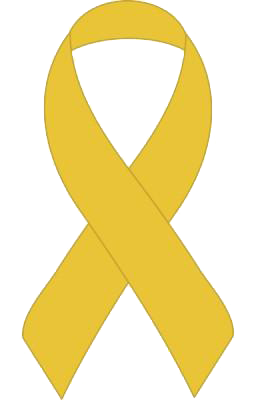Stalking Awareness Month
JANUARY is Stalking Awareness Month
During January, the Sexual Assault and Violence Education (SAVE) Team will hold events focused on stalking awareness and how we can prevent it on our campus. We’ll help YOU be an empowered Zip and show that at UA, we do not tolerate stalking. We also want you to know that if you have been impacted by stalking, there are resources on campus to support you.
Stalking can be a difficult crime to recognize and label but familiarizing oneself with the definition is a good start to becoming more aware. It is important to know that it is a pattern of repeated and unwanted attention, harassment, contact, or any other course of conduct directed at a specific person that would cause a reasonable person to feel fear.
UPCOMING EVENTS
- See our full list of events occurring throughout January.
- If you would like to get involved and help with any of our activities, please contact: uacasa14@gmail.com or kld67@uakron.edu.
RESOURCES
The University of Akron is committed to promoting a safe and non-discriminatory environment, which includes prohibiting stalking. If you or someone you know has been impacted by stalking, you can make a referral to the Gender-Based Misconduct and Title IX team.
Several confidential resources: Available on and off campus in this extensive list.
Victim Connect Resource Center
National and Confidential Hotline to report stalking or connect with anti-stalking services, 24/7, available in 200 languages. Deaf, hearing- and/or speech-impaired individuals can reach out using the text and chat functions online or call 711.
Counseling and Testing Center
Free and confidential psychological services for current students.
- Call 330-972-7082 to schedule a virtual appointment.
Hope and Healing Resource Center: Rape Crisis Center
Trauma-informed advocates provide confidential counseling, advocacy, and support groups to students 24/7. They also provide emergency rehousing services for those with immediate safety concerns.
- Call 330-434-7273 anytime
RED FLAGS AND SUPPORTING YOUR FELLOW ZIPS
We want to provide you with the proper tools so you can support your friends, loved ones, and fellow Zips this month and every month to follow.
Learn & Identify:
Becoming familiar with the red flags, will help you to recognize and identify warning signs. Because stalking is defined as a pattern of repeated behaviors, it may not be easily recognizable at first, and many stalking behaviors could be mistaken as signs of flirtation or love. The key to identifying stalking is that the behaviors cause the victim to feel fearful, anxious, and/or nervous.
Here are a few behaviors that might raise concerns:
- Making threats against someone, or that person's family or friends
- Non-consensual communication, such as repeated phone calls, emails, text messages, and unwanted gifts
- Repeated physical or visual closeness, like waiting for an someone to arrive at certain locations, following someone, or watching someone from a distance
- Any other behavior used to contact, harass, track, or threaten someone
We recommend heading over to SPARC (Stalking Prevention, Awareness and Resource Center) to learn more about recognizing stalking, myths/facts/statistics, policy and legislation, and resources. We also recommend utilizing SPARC’s Incident and Behavior Log to help track any incidents that would determine a pattern is occurring, in addition to the Risk Assessment, which shows how concerning the situation is and provides safety planning recommendations based on the results.
How to respond:
It is important to know how to respond if someone discloses to you. If a friend or someone you know confides in you that they are a survivor of stalking or are currently in a stalking situation, there are several simple but effective things you can do to support your friend:
- Listen without judgment
- Provide referrals to campus and/or community resources
- Self-care
For any questions regarding Stalking Awareness Month
Contact Kelsea Daniluk at kld67@uakron.edu or at 330-972-7904
See events Go to S.A.V.E. homepage Campus & Title IX resources
